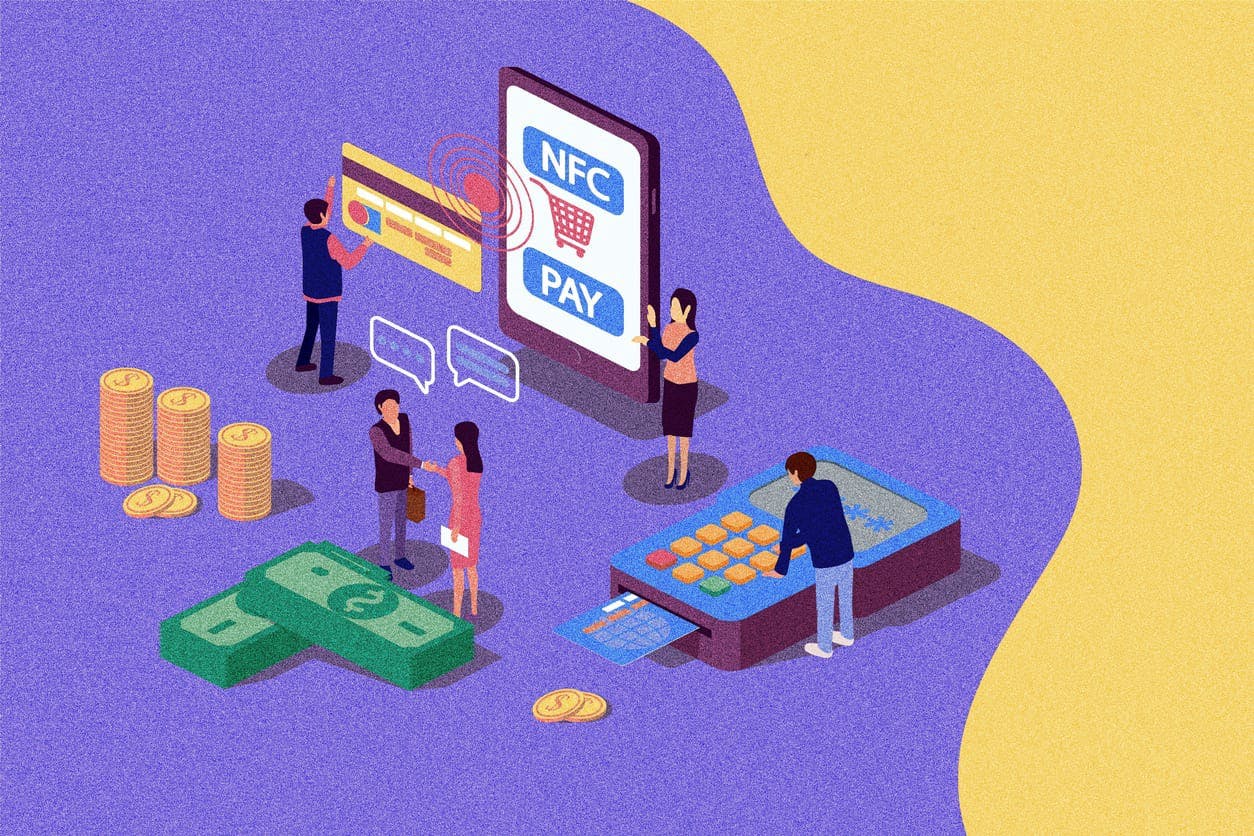721 reads
The future of cash money— Is it obsolete?
by
February 14th, 2019

Technical Documentation Consultant: I help startups and scaleups create better technical documentation 📚 Pluralsight Author | DevRel | Technical Writer | Node.js / JavaScript
About Author
Technical Documentation Consultant: I help startups and scaleups create better technical documentation 📚 Pluralsight Author | DevRel | Technical Writer | Node.js / JavaScript
